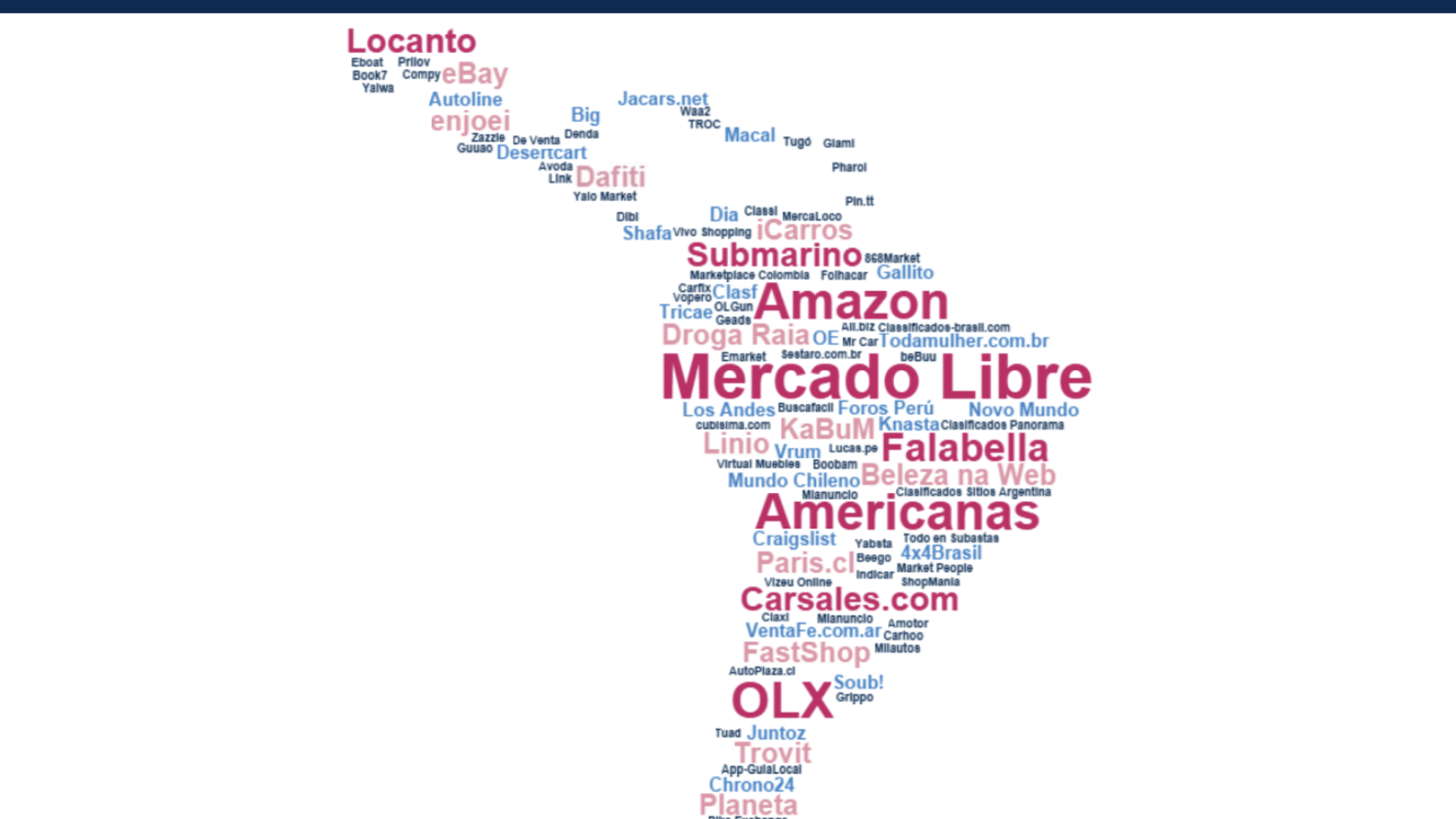Briefing note
(21 March 2011) The United States remains the main individual trading partner for Latin America and the Caribbean. The conditions are now right to launch a new era of economic and trade cooperation between the United States and the region, according to an ECLAC document.
The publication The United States and Latin America and the Caribbean: highlights of economics and trade was produced for the visit of the US President, Barack Obama, to three of the region's countries: Brazil, Chile and El Salvador. The report describes recent trends in investment and trade relations between the parties, as well as advancing proposals for a relaunch of such relations.
The United States' share of regional foreign trade has decreased over the past decade. In terms of exports, there was a fall from 59.7% in 2000 to 40.1% in 2009, while in terms of imports there was a drop from 49.3% to 31.2% in the same period.
However, although this decrease has pushed up the share represented by China and other emerging economies in the region's foreign trade, the United States remains the main trading partner, and the region's exports to the United States are more diversified than those to the European Union Asia.
According to the ECLAC document, while the region's countries exported an average of 1,197 products to the United States in 2008-2009, they exported only 878 products to the 27 European Union countries, 511 products to Asia as a whole and 202 products to China.
In addition, the United States continues to be the main individual investor in the region, accounting for 34.7% of cumulative foreign direct investment flows received by the region between 1999 and 2009.
"The current tour of President Barack Obama to three Latin American countries offers an unmissable opportunity to renew hemispheric relations. What the region expects from the United States are proposals for a strategic dialogue and new initiatives in the field of trade and investment in order to strengthen mutual cooperation", stated the Executive Secretary of ECLAC, Alicia Bárcena, in the foreword to the document.
Despite Latin American and Caribbean economic buoyancy over the past decade, the United States has not had a comprehensive trade strategy for the region in recent years, according to the ECLAC report. The free-trade agreements concluded with Colombia in 2006 and Panama in 2007 have not yet been submitted to the United States Congress for approval.
Furthermore, the tariff preference programmes for Andean and other regional countries are currently suspended. In this context, closer trade relations have been forged with the European Union and Asia-Pacific by means of, inter alia, trade agreements and association agreements.
According to the study, new cooperation relations should include the speedy approval of pending free-trade agreements and the renewal of preferences for Andean and other regional countries.
There should also be a joint commitment to work towards concluding the World Trade Organization (WTO) Doha Round in 2011, opening a strategic dialogue between the United States and the region's countries that are part of the Group of 20 (G-20) and establishing an integrated economic cooperation programme.
Today, President Barack Obama is visiting Chile, where he will meet with the Chilean President, Sebastián Piñera, and deliver a message to the entire region from La Moneda Palace and Cultural Centre, at an event that is co-sponsored by ECLAC and the United States Embassy in Chile.
Any queries should be addressed to the ECLAC Public Information and Web Services Section.
E-mail: dpisantiago@cepal.org; Telephone: (56 2) 210 2040.



